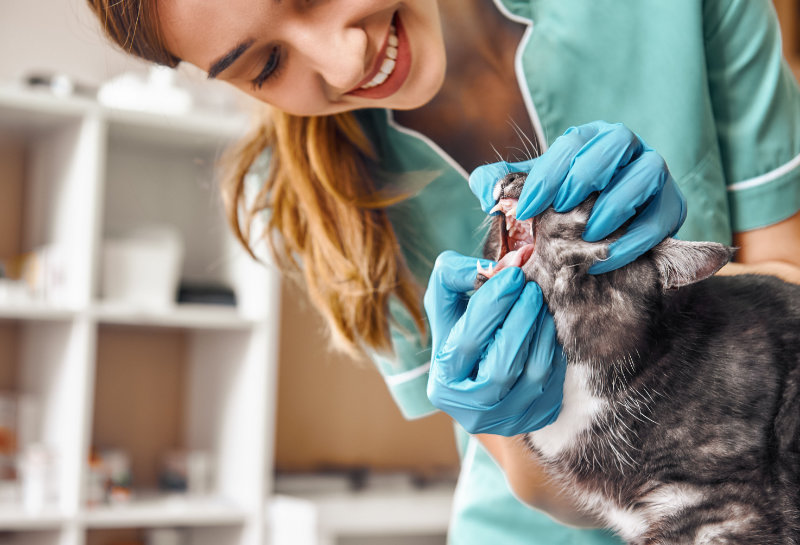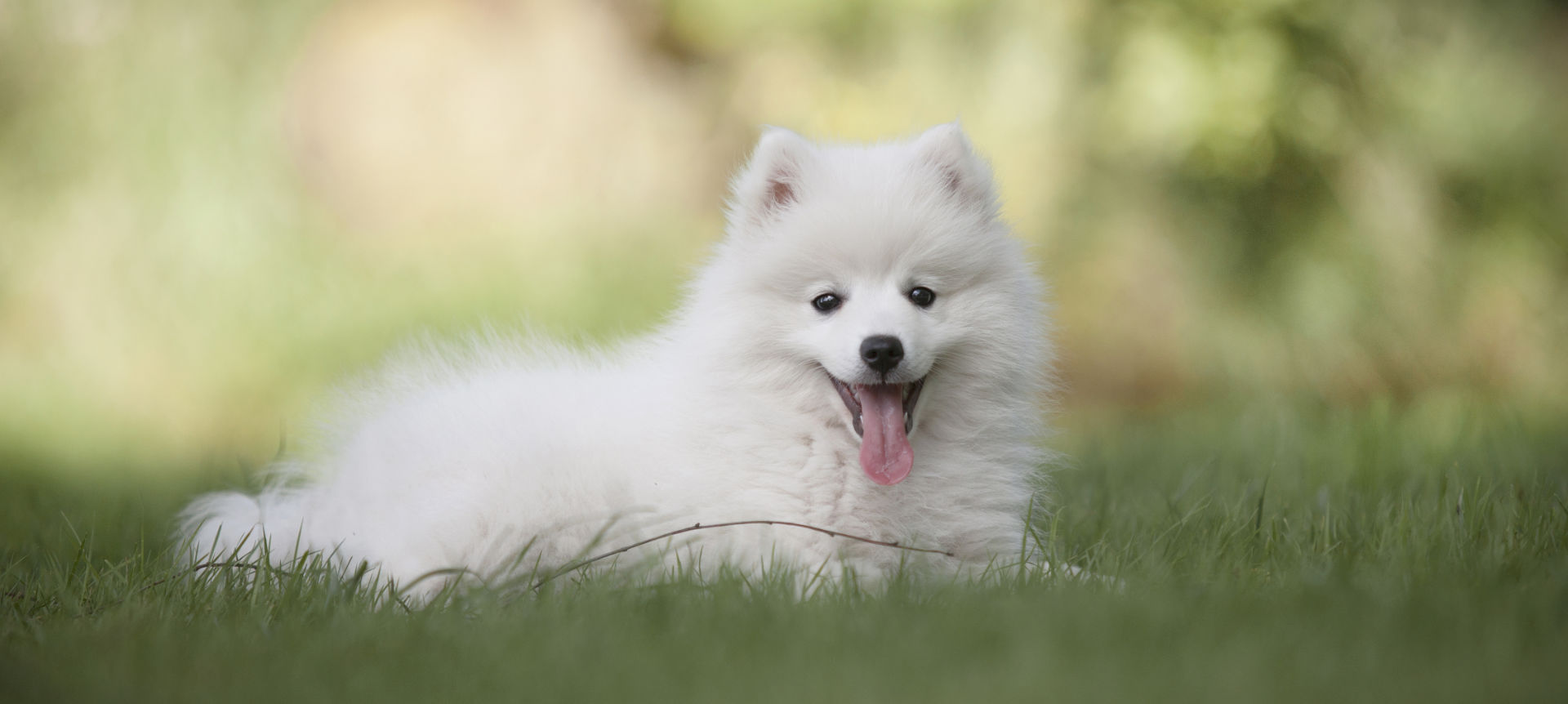
24 Oct Unlocking the World of Veterinary Dentistry: What is a Veterinary Dentist?
When we think of veterinary care for our furry companions, we often imagine routine check-ups, vaccinations, and perhaps the occasional surgery. However, there’s a lesser-known but critically important branch of veterinary medicine that focuses exclusively on oral health. This specialized field is known as veterinary dentistry, and the professionals who practice it are known as veterinary dentists. In this blog, we’ll delve into the fascinating world of veterinary dentistry and explore what a veterinary dentist does, their training, and why their expertise is crucial for our pets’ overall well-being.
The Role of a Veterinary Dentist
Veterinary dentists are highly trained and skilled professionals who diagnose, treat, and prevent dental and oral conditions in animals. Just like human dentists, they play a vital role in ensuring that our pets have healthy mouths, which, in turn, contributes to their overall well-being. A veterinary dentist’s work encompasses a wide range of tasks, including:
- Dental Examinations: Veterinary dentists perform comprehensive oral examinations on animals to assess their dental health. This includes checking for signs of dental disease, such as gum inflammation, tooth decay, and periodontal disease.
- Diagnosis: They use a variety of diagnostic tools, including dental X-rays and Cone Beam CT scans, to identify dental issues. These images allow them to see what’s happening below the gumline, where many dental problems can go unnoticed.
- Treatment: Veterinary dentists perform various dental procedures to treat oral health issues. This can involve tooth extractions, root canals, periodontal treatment, and restorative procedures.
- Preventive Care: They also focus on preventive care, which includes dental cleanings and providing advice on proper at-home dental care for pet owners.
- Oral Surgery: Veterinary dentists are skilled in oral surgery, which may be necessary for conditions like oral tumors or severe dental trauma.
- Orthodontics: In some cases, orthodontic procedures may be needed to correct bite abnormalities and alignment issues.
- Pain Management: Managing pain is a significant aspect of veterinary dentistry, as dental issues can be extremely painful for animals. Veterinary dentists ensure that their patients are comfortable during and after procedures.
Becoming a Veterinary Dentist: The Journey of Specialization
Becoming a veterinary dentist is a challenging and highly specialized career path. It requires a commitment to education and training beyond the standard veterinary degree. Here’s an overview of the steps involved in becoming a veterinary dentist:
- Earn a Bachelor’s Degree: As with all veterinarians, the journey starts with obtaining a bachelor’s degree in a related field, typically biology or animal science.
- Graduate from Veterinary School: The next step is completing a Doctor of Veterinary Medicine (DVM) program, which typically takes four years.
- Gain Clinical Experience: After graduating from veterinary school, aspiring veterinary dentists usually work as general practice veterinarians to gain practical experience in the field.
- Complete a Residency Program: To specialize in veterinary dentistry, candidates must complete a rigorous three to four-year residency program under the guidance of experienced veterinary dentists. During this time, they gain expertise in diagnosing and treating complex dental and oral conditions.
- Pass Certification Exams: After completing their residency, candidates must pass a series of examinations to become board-certified veterinary dentists. The American Veterinary Dental College (AVDC) offers such certification.
- Ongoing Continuing Education: The field of veterinary dentistry is constantly evolving, so veterinary dentists must stay current by participating in continuing education programs.
The Importance of Veterinary Dentists
While the significance of veterinary dentistry may not be immediately apparent to many pet owners, it’s crucial for several reasons:
- Pain Relief: Dental issues can be excruciating for animals. Veterinary dentists play a pivotal role in alleviating this pain and discomfort, improving the quality of life for pets.
- Overall Health: Poor oral health can lead to systemic health problems in animals, affecting organs like the heart, liver, and kidneys. By maintaining good oral health, veterinary dentists contribute to a pet’s overall well-being.
- Preventive Care: Regular dental check-ups and cleanings provided by veterinary dentists can prevent the development of severe dental problems.
- Longevity: Ensuring that your pet has a healthy mouth can contribute to a longer and happier life.
Conclusion
Veterinary dentists are unsung heroes in the world of veterinary medicine, dedicated to ensuring the oral health and well-being of our beloved pets. They undergo extensive training and provide a range of services, from diagnostic exams to complex surgeries. By addressing dental issues and promoting oral health, veterinary dentists make a substantial difference in the lives of animals and the peace of mind of their owners.
So, the next time you visit your veterinarian, don’t forget to ask about your pet’s dental health. Regular dental check-ups, just like those for humans, can help keep your furry friend’s smile bright and their health vibrant. And if your pet ever needs specialized dental care, you now know that there’s a dedicated and highly trained professional ready to help – a veterinary dentist.


